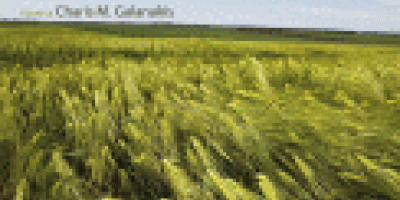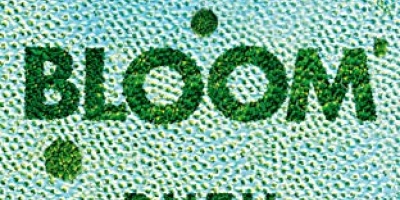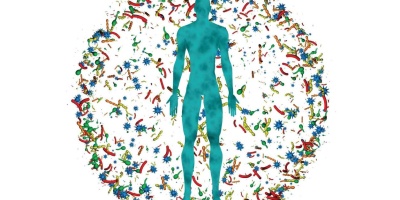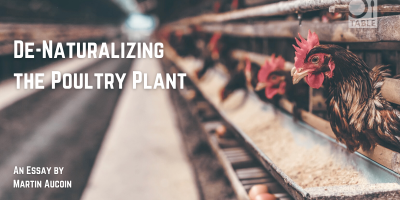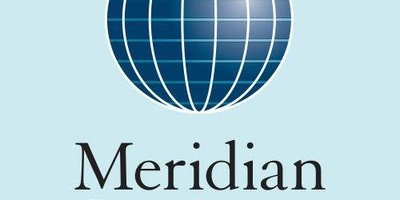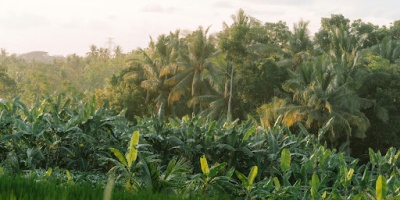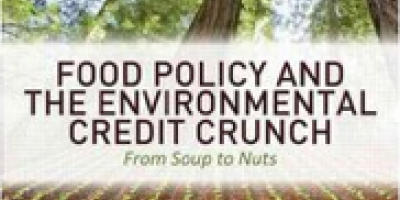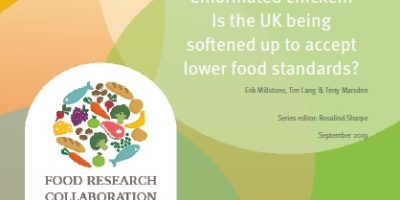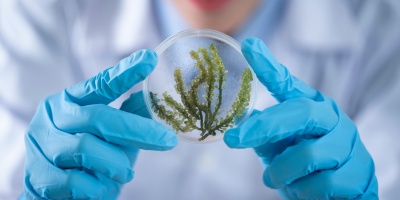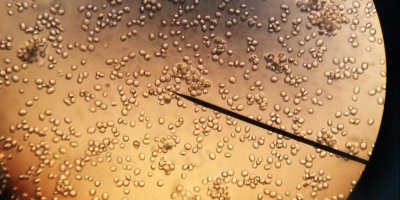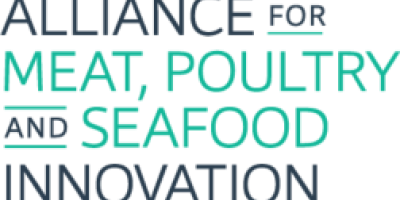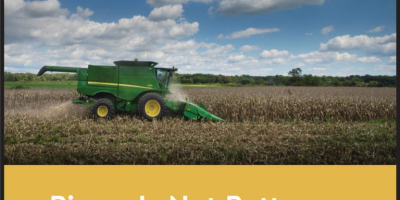The transformation of raw ingredients by physical or chemical means into food is a process that adds economic value to agricultural products and can potentially deliver other benefits by making products that are, for example, safer, easier to prepare, able to be stored throughout the seasons and transported across long distances. However, processing and manufacturing also uses significant amounts of energy and nonrenewable resources and is thus a source of GHG emissions and resource depletion. It is also a focal point of food waste issues: while processing can reduce perishability, nearly as much food is wasted during the processing stage as in the postharvest stage. Furthermore much of the sugar, salt and fats in food products is added and important nutrients and fibre removed, during the processing stage, meaning that processed food consumption is now a major contributor to obesity and associated non communicable diseases.

